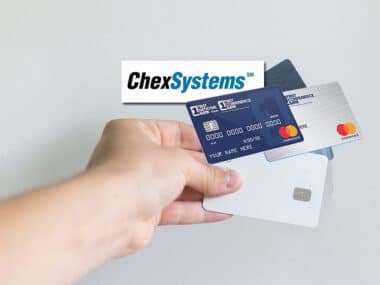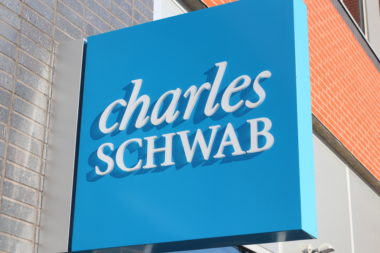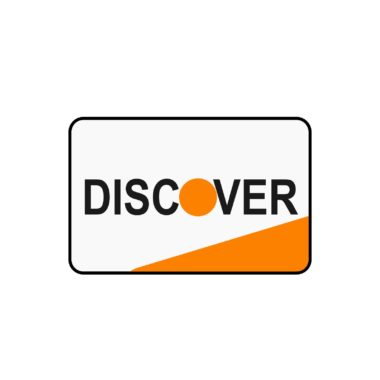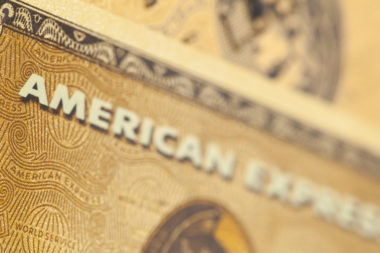Suncoast Credit Union was founded in 1934 by a group of Florida educators. Originally named the Hillsborough County Teachers Credit Union, the credit union expanded its membership beyond school teachers and educators to accept anyone who works, lives, worships, or attends school in select Florida counties. Suncoast has 10 branches, all concentrated in the Tampa, Florida area.
Suncoast has a unique feature that makes up for the lack of physical branches. The credit union has 16 walk-up and 40 drive-thru interactive teller machines (ITMs) throughout Florida. ITMs are advanced cash machines that also feature video chat with a live teller between the hours of 7 a.m. and 8 p.m. weekdays and 8 a.m. to 1 p.m. Saturdays.
If you’re not familiar with how a credit union works, it’s similar to a bank, except for the fact that you’ll need to be a member in order to bank with one. Membership is worthwhile — credit unions often provide the same services as a bank for less. They’re nonprofit financial institutions — you’ll typically pay less for items or services than you would at a traditional bank. Additionally, credit union interest rates on savings and loan products are often better.
Table of Contents
Suncoast Account Options
There are several types of accounts offered by Suncoast. Suncoast focuses on adult accounts, young adult or youth accounts, and small business banking. Take a closer look at what Suncoast has to offer:
Checking Accounts
Suncoast’s Smart Checking account is free and doesn’t have any minimum opening or maintained balance amount. You’ll earn 0.020% on your deposits — 0.010% interest and 0.010% as a dividend for being a member.
Savings Accounts
You have two savings account options when you bank with Suncoast Credit Union — a standard, Regular Share Membership account and a Special Share savings account. You’ll need to maintain at least $5 per month in the Regular Share account. Otherwise, both savings accounts are the same and earn 0.050% interest and 0.050% as a dividend each month on your balances.
Besides the traditional savings account, you can also open a money market account. You’ll need an opening balance of $1,000 to open a money market account. On balances up to $999.99, you’ll receive the same interest and dividend as you would with your savings account. Higher balances over $1,000 earn upwards of 0.2%.
If you’re wondering why anyone would choose a money market with an interest rate identical to the savings account’s annual percentage yield (APY), a money market may be useful if you need to occasionally write checks from the account or make withdrawals.
For lump sums you don’t foresee needing soon, a certificate of deposit (CD) could guarantee you a set interest rate for terms of six, 12, 18, 24, 36, 48, or 60 months.
- Smart Start Certificate can be opened with as little as $50, has a 12-month term and earns 0.50% APY.
- Share Certificate CDs of at least $500 earn 0.40% to 1.10% APY, depending on the term.
- Jumbo Certificate CDs require a balance of at least $100,000 for an APY of 0.40% to 1.10%, depending on the term.
Business Checking Account
Suncoast’s business banking services are geared towards small businesses and come with a certain number of free paper check transactions, free overdraft protection, and free cleared check images. There are two types of business accounts:
- Business Smart Checking: A $50 minimum opening deposit is required, but the account is free with no minimum balance requirements. The first 200 paper check transactions are free. After the first 200, Suncoast charges 20 cents per check.
- Business Classic Checking: Businesses with higher sales may want to opt for the Business Classic account. They’ll receive 300 paper transactions for free with subsequent transactions costing 10 cents. To avoid the $20 monthly fee, a balance of $2,000 or higher must be maintained.
Business Savings Account
Open a business savings account with Suncoast and you’ll earn a monthly dividend of 0.050% and a 0.050% APY. Besides a standard business savings account, Suncoast offers business certificates of deposit (CDs) with a minimum of $500 for standard CDs and $100,000 for jumbo CDs. Terms of six, 12, 18, 24, 36, 48, or 60 months are available with APYs ranging between 0.40% and 1.10%.
Teen Checking Account
Teens 13 to 17 can visit a local branch with a parent or guardian to open a free checking account that earns 0.010% APY and a 0.010% dividend.
Student Savings Account
Teens can also start saving for a car or school with a savings account that earns 0.10% in combined interest and dividends, or by opening a 12-month Smart Start Certificate CD or Youth CD with terms ranging between six and 60 months for an APY of 0.40% to 1.10%.
Pros and Cons of Suncoast Credit Union
Choosing the right credit union or bank takes careful evaluation. Consider the following Suncoast pros and cons:
Advantages
- No account fees;
- Family-friendly credit union with accounts for teens;
- Live-video-chat-enabled ATMs;
- Earn interest on all accounts, including checking accounts;
- Earn dividends on top of interest;
- Excellent online and mobile banking;
- Deposits insured up to $250,000.
Disadvantages
- Membership is limited to specific Florida residents;
- No difference in interest rates on a $500 or $100,000 balance;
- Only 10 physical bank branches are available.
Who Is Suncoast Best For?
A credit union may be right for you if you can qualify for membership. Suncoast is best for small business owners who reside in the Florida area serviced by Suncoast and would like to do all their business and personal banking in one place.
Families interested in teaching teens about personal finance and savings could also benefit from banking with Suncoast — the credit union provides free checking, savings, and CDs for kids 13 and over.
How to Open an Account at Suncoast
Before you can open a bank account with Suncoast, you’ll need to sign up for membership. You can become a member and open an account from the same place online. You’ll need:
- Contact information, such as an email address to set up an online account and your home address;
- Government-issued photo ID such as a military ID, driver’s license, state ID, or passport;
- Social Security number (SSN) or Individual Taxpayer Identification Number (ITIN);
- A credit card or debit card to fund the new account.
Image Source: https://depositphotos.com/





